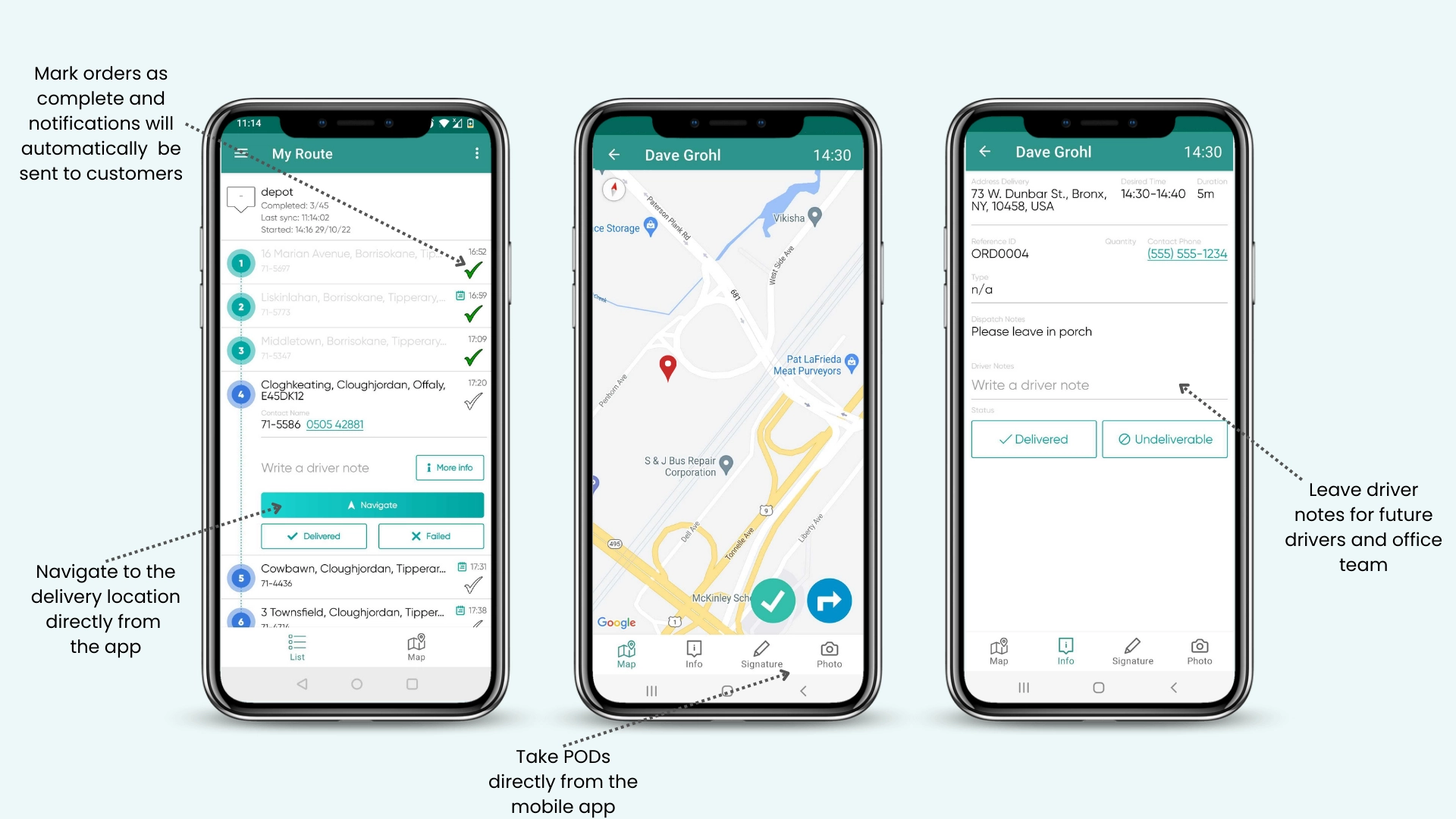If you’ve been considering side hustles or new career paths, you may have stumbled across the term medical courier. It’s a fast-growing role — and for good reason.
Medical couriers are a critical part of our healthcare system, making sure vital medical items get from point A to point B quickly and safely.
The best part?
✅ You can start with a standard vehicle
✅ No medical degree required
✅ Flexible hours + great income potential
Let’s break down what couriers actually do day to day — so you can decide if this career fits your life.
💼 What a Medical Courier Actually Does
A medical courier transports time-sensitive medical items, such as:
-
🧪 Lab specimens
-
💊 Prescription medications
-
📂 Patient records
-
🛠 Surgical supplies
-
🧫 Biological samples (blood, tissue, etc.)
Everything you deliver has real-life impact on patient care — which is why precision and responsibility are key.
⏱ A Day in the Life of a Medical Courier
Here’s what a typical day might look like for a contracted courier:
| Time | Example Task |
|---|---|
| 7:30 AM | Pick up specimens from a clinic’s morning drop |
| 8:15 AM | Deliver samples to the main hospital lab |
| 9:00 AM | Pharmacy delivery route to patient homes |
| 11:30 AM | Break + vehicle restock |
| 1:00 PM | Radiology disk transport to outpatient center |
| 3:15 PM | Second round of STAT pickups (urgent!) |
| 5:30 PM | Return equipment + finalize delivery logs |
You may choose a fixed route (predictable income) or on-demand STAT runs (higher pay).
🔐 The Importance of Chain of Custody
Medical couriers follow strict procedures to protect the integrity of materials:
-
Verify patient info ✅
-
Maintain proper temperature control ✅
-
Log handoffs with signatures ✅
-
Secure items during transport ✅
If you’ve worked delivery gigs before, this is more technical — but once trained, it becomes second nature.
🚗 What Equipment Do You Use?
Most couriers use:
-
Insulated cooler
-
Biohazard bags
-
Nitrile gloves
-
Spill kits
-
GPS / smartphone apps
-
Car organizers
Many employers provide most supplies once hired — but keeping your car clean and organized is your responsibility.
📱 Tech That Makes the Job Easier
Expect to use:
-
Route optimization apps (like Onfleet or Circuit)
-
Barcode scanning for tracking
-
Digital delivery confirmations
-
Fuel and expense tracking apps
You’re not just driving — you’re managing a mobile micro-logistics operation.
✅ Skills You Need to Succeed
You don’t need a medical background — but top couriers share these traits:
| Skill | Why It Matters |
|---|---|
| Reliability | Patient care can depend on you |
| Customer service | Interact with staff + patients |
| Time management | Deadlines are strict |
| Attention to detail | HIPAA + specimen handling |
| Clean driving record | Mandatory for contracts |
If you can show up consistently and follow procedures, you’ll shine.
💵 What Do Medical Couriers Earn?
Typical earnings:
-
$20–$45 per hour
-
$800–$2,000 per week (full-time)
-
Higher rates for STAT or night deliveries
And yes — many turn this into a six-figure business over time by adding vehicles and hiring subcontract drivers.
❤️ Why People Love This Job
-
Flexible hours — choose days, nights, or weekends
-
Work independently — no boss riding shotgun
-
Stable, recession-proof demand
-
You’re helping save lives every day
It’s a career you can feel good about — while still getting paid well.
⚠️ A Few Challenges to Know
✔ Working under time pressure
✔ Navigating hospitals/clinics
✔ Following strict safety rules
But once you master the basics, the job becomes smooth and rewarding.
⭐ Final Thoughts: Is This Job Right for You?
Becoming a medical courier is perfect if you want:
✅ Flexibility
✅ Fast income
✅ Purpose-driven work
✅ A career with growth potential
If you already enjoy driving — this is one of the best ways to turn those miles into money.





